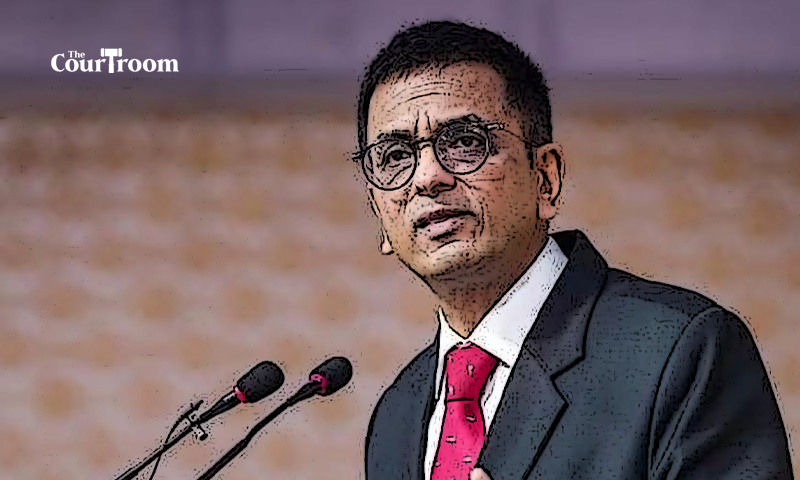Indian courts have evolved beyond mere physical structures and are now envisioned as democratic spaces of discourse rather than ‘imposing empires,’ Chief Justice of India (CJI) DY Chandrachud emphasized during his address at the J20 summit in Brazil on Tuesday.
CJI Chandrachud highlighted the transformative impact of COVID-19 on court systems, which were compelled to adapt rapidly. He noted that courts ceased to be opaque physical spaces, becoming more accessible and inclusive.
The J20 Summit, hosted by Brazil’s Federal Supreme Court (STF), convened presidents from the Supreme and Constitutional Courts of G20 member countries, along with representatives from the African Union and the European Union. Discussions centered on crucial issues like social justice, environmental sustainability, and leveraging technology for judicial efficiency enhancement.
Addressing the theme of ‘Digital Transformation and use of technology to enhance judicial efficiency,’ CJI Chandrachud emphasized the need to view judicial efficiency holistically, beyond just the judge’s performance, encompassing the entire judicial process to ensure fair hearings.
He underscored the importance of judicial accountability and transparency in decision-making processes, emphasizing that judges are accountable service providers in rights-affirming societies.
Regarding technological advancements in the Indian Supreme Court, CJI Chandrachud highlighted the accessibility enhancements, such as virtual courtroom access for individuals with physical impairments, pregnant women, and the elderly. He noted that over 750,000 cases have been heard via video conference, and constitutional case proceedings are live-streamed on the Court’s YouTube channel.
However, CJI Chandrachud cautioned against the potential misuse of technology, particularly in exacerbating pre-existing inequalities. He emphasized the need to address issues like AI-profiling, algorithmic bias, misinformation, and opacity in AI models through sustained deliberation and engagement.
CJI Chandrachud also commended Indian legal journalists for their role in disseminating accurate court news, countering misinformation, and clarifying legal proceedings. He acknowledged the challenges posed by misleading clips of court proceedings circulating online and highlighted the crucial role of legal journalists in dispelling disinformation.
In summary, CJI Chandrachud’s address at the J20 summit underscored the evolving nature of Indian courts, the importance of technology in enhancing judicial efficiency, and the imperative of addressing technological challenges while ensuring accountability and transparency in the judiciary.
Share your news, articles, deals, columns, or press releases with us! Click the link to submit and join our platform today.


